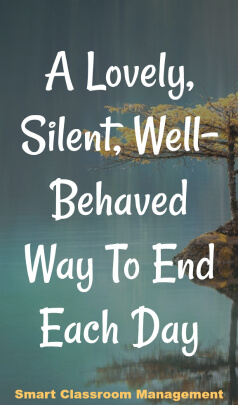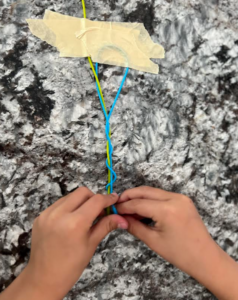The Gift of Turbulence
How Times of Trouble Remind Us to Be Grateful
It happened less than 30 minutes into the flight.
Our plane hit an invisible bump and we quickly plummeted downward. A loud crash, then the decline violently gave way to a climb back up. More bumps rocked the plane side-to-side, each more violent than the one preceding it. As luggage compartments popped open and items fell out, the captain’s voice frantically urged the flight attendants to take their seats immediately.
The gentleman to my right said loud enough for everyone around us to hear, “I wish they’d told us this would be our last flight. I probably wouldn’t have boarded it!” It was spoken in humor. But there was a bit of truth in it, too.
Moments later the ordeal ended. It was less than 30 seconds of violent shaking. No one was injured, things calmed, the turbulence ended, overhead containers were shut, the flight continued.
I looked at my watch. It was 6:57am.
Having flown more than 1,000 times, in the midst of the shaking, as bags were falling and fellow passengers were anxiously gasping, I tried to look steely-tough, unfazed, unafraid.
In reality, I was terrified.
Yes, I was scared of the plane crashing. Scared of leaving my wife and kids too soon. Scared of leaving this earth with things undone, mission not yet accomplished.
But oddly, the most intense fear I had was the painful reality of how much I’d taken for granted.
As we returned to smoother air, I thought through all the things I’d already experienced that morning that were worthy of being counted as gifts. I quickly typed them down:
- My alarm sounded at 4:40, just as I had set it the night before, beckoning me from bed.
- My legs (although tired) and body (although achy) guided me to the bathroom.
- While brushing my teeth, a second alarm sounded. It was my wife’s phone. Without me even asking, she’d set it to ensure I was up and would make my flight.
- With a simple twist of a knob, clean, hot water jetted out of my shower faucet.
- After showering, I slipped into soft, clean clothes and a freshly pressed suit.
- Tiptoeing toward Beth, I bent down and gently kissed her forehead.
- Running a bit behind, I moved quickly through each bedroom checking on my sleeping kids; kissing each of their foreheads.
- After racing down the steps, I stepped over our typically playful golden retriever. She was excited enough to wag her tail as I approached, but not quite motivated enough to actually stand to say hello. (I didn’t blame her … it was early!)
- Grabbing my keys and briefcase, I walked outside, and got a peek at the star-filled sky.
- At the push of a button my car engine revved to life, the garage door lifted, and the car throttled forward.
- With no issues getting to the airport, I was greeted by a TSA officer (using my first name!); then moments later greeted by a Starbucks barista the same way. (Yes, you might travel too much when you’re on first-name-basis with the airport staff!)
- The plane boarded on time; pushed back on time; and took off on time.
- A 150,000 pound, metallic cylinder, packed with 136 people crept down a taxiway, accelerated down a runway, gained speed, and launched into the air at hundreds of miles per hour (while most of us were either slept or were too consumed in something trivial to be stirred by it.)
- That one requires repeating: A 150,000 pound, metallic cylinder, packed with 136 people crept down a taxiway, accelerated down a runway, gained speed, and launched into the air at hundreds of miles per hour!
- Once airborne, the darkened sky gave way to a slight glimmer of light; black faded to gray, then to deep blues, purples and reds; then into a magnificent sunrise.
- I opened my laptop, took a big sip of coffee, and started working.
This all happened before the first bit of turbulence hit at 6:57am. And I had snoozed through most of it until the turbulence finally woke me up.
I hadn’t paused – not even momentarily – to say a prayer of thanksgiving for any of it.
I didn’t contemplate that throughout the night my heart beat more than 1,000 times by itself, in spite of my lack of effort or gratitude for it.
I hadn’t pondered the gift of a warm bed, my wife’s presence, or my children’s health.
I hadn’t paused to be in awe of the marvel of technology – or the grandeur of nature.
And I hadn’t slowed down to be roused by the promise of the morning, the hope within a new day, the chance to do better, the opportunity to make a difference, to savor, to reflect, to celebrate, to create, to experience.


